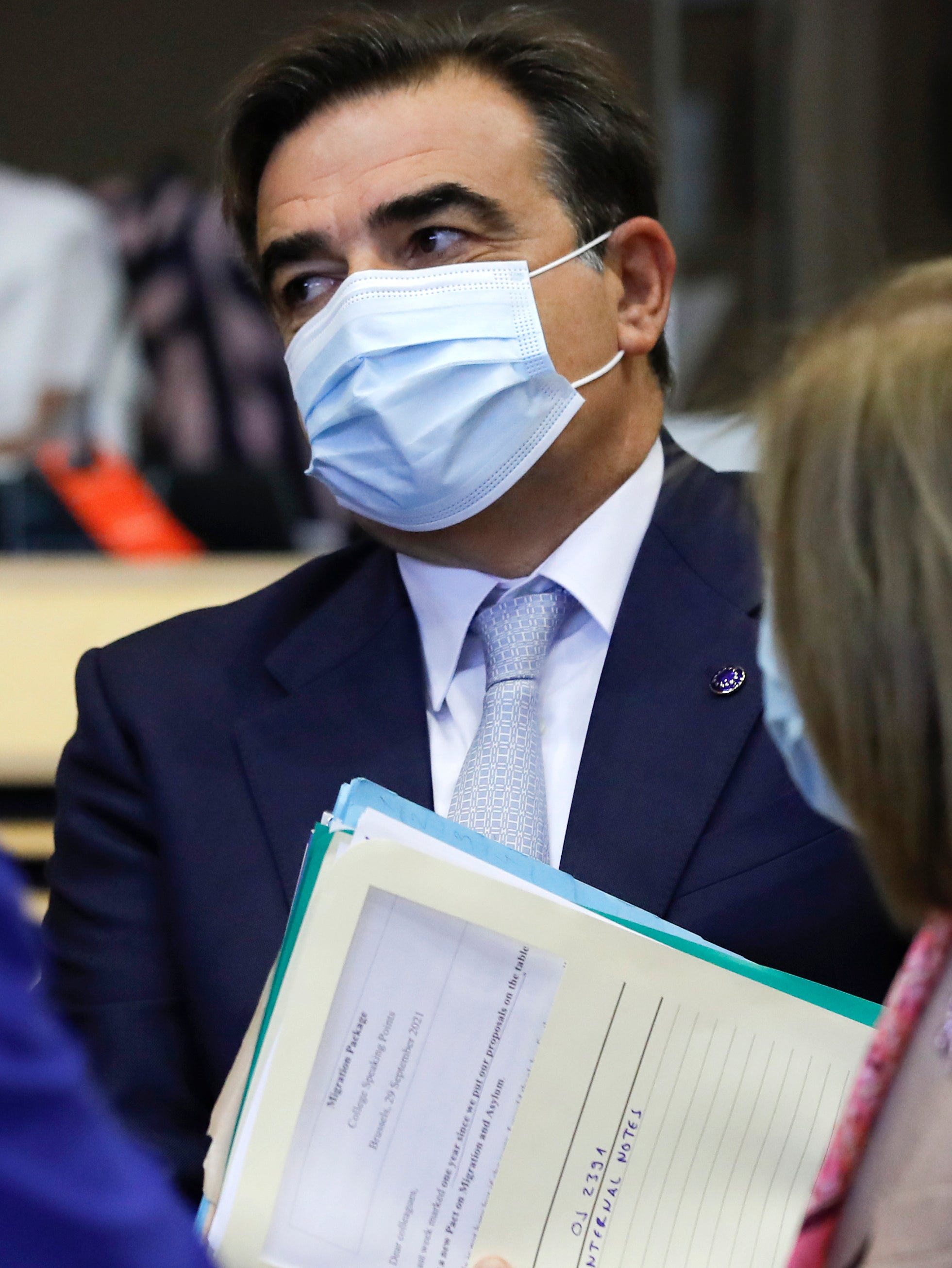EU eyes visa retaliation to halt migrant influx from Belarus
The European Commission is proposing to tighten visa restrictions on members of Belarusian President Alexander Lukashenko’s regime

Your support helps us to tell the story
From reproductive rights to climate change to Big Tech, The Independent is on the ground when the story is developing. Whether it's investigating the financials of Elon Musk's pro-Trump PAC or producing our latest documentary, 'The A Word', which shines a light on the American women fighting for reproductive rights, we know how important it is to parse out the facts from the messaging.
At such a critical moment in US history, we need reporters on the ground. Your donation allows us to keep sending journalists to speak to both sides of the story.
The Independent is trusted by Americans across the entire political spectrum. And unlike many other quality news outlets, we choose not to lock Americans out of our reporting and analysis with paywalls. We believe quality journalism should be available to everyone, paid for by those who can afford it.
Your support makes all the difference.As allegations mount that Belarus is using migrants to destabilize the European Union, the bloc’s executive branch proposed Wednesday to tighten visa restrictions on members of President Alexander Lukashenko’s regime.
The European Commission wants the 27 EU member countries to consider suspending parts of a “visa facilitation agreement” with Belarus that entered force in July 2020. The deal was aimed at improving contacts and drawing the former Soviet country closer to Europe.
The proposal would hit Belarusian officials, including members of government, lawmakers, diplomatic delegations and top court representatives. It would increase travel red tape and require them to provide extra documents and pay more for visas.
In recent months, EU members Poland and Lithuania have been forced to cope with an unusually high number of migrants, primarily from Iraq and Afghanistan, arriving at their borders with Belarus. Poland even introduced a state of emergency which it aims to extend soon for another 60 days.
The migrant influx began a year ago, after the EU slapped sanctions on Lukashenko’s government over the August 2020 presidential election, which the West views as rigged, and the security crackdown on the opposition and peaceful protesters that followed.
The visa move must be endorsed by the 27 EU member countries to enter force.